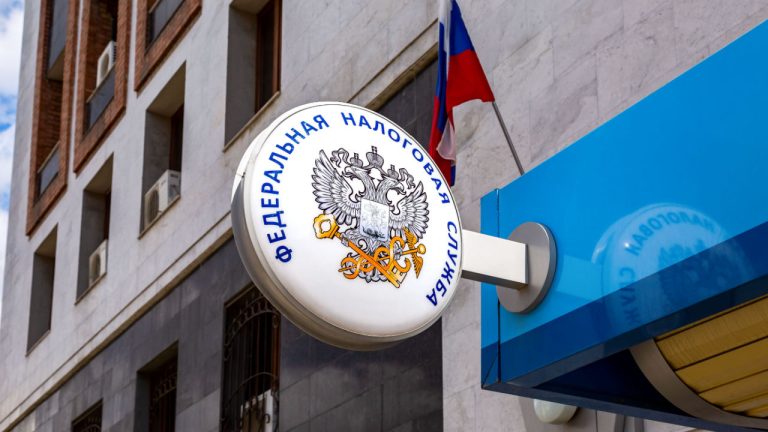
The guidelines suggest cybersecurity practices AI firms should implement when designing, developing, launching, and monitoring AI models.
The United States, United Kingdom, Australia, and 15 other countries have released global guidelines to help protect AI models from being tampered with, urging companies to make their models “secure by design.”
On Nov. 26, the 18 countries released a 20-page document outlining how AI firms should handle their cybersecurity when developing or using AI models, as they claimed “security can often be a secondary consideration” in the fast-paced industry.
The guidelines consisted of mostly general recommendations such as maintaining a tight leash on the AI model’s infrastructure, monitoring for any tampering with models before and after release, and training staff on cybersecurity risks.
Exciting news! We joined forces with @NCSC and 21 international partners to develop the “Guidelines for Secure AI System Development”! This is operational collaboration in action for secure AI in the digital age: https://t.co/DimUhZGW4R#AISafety #SecureByDesign pic.twitter.com/e0sv5ACiC3
— Cybersecurity and Infrastructure Security Agency (@CISAgov) November 27, 2023
Not mentioned were certain contentious issues in the AI space, including what possible controls there should be around the use of image-generating models and deep fakes or data collection methods and use in training models — an issue that’s seen multiple AI firms sued on copyright infringement claims.
“We are at an inflection point in the development of artificial intelligence, which may well be the most consequential technology of our time,” U.S. Secretary of Homeland Security Alejandro Mayorkas said in a statement. “Cybersecurity is key to building AI systems that are safe, secure, and trustworthy.”
Related: EU tech coalition warns of over-regulating AI before EU AI Act finalization
The guidelines follow other government initiatives that weigh in on AI, including governments and AI firms meeting for an AI Safety Summit in London earlier this month to coordinate an agreement on AI development.
Meanwhile, the European Union is hashing out details of its AI Act that will oversee the space and U.S. President Joe Biden issued an executive order in October that set standards for AI safety and security — though both have seen pushback from the AI industry claiming they could stifle innovation.
Other co-signers to the new "secure by design" guidelines include Canada, France, Germany, Israel, Italy, Japan, New Zealand, Nigeria, Norway, South Korea, and Singapore. AI firms, including OpenAI, Microsoft, Google, Anthropic and Scale AI, also contributed to developing the guidelines.
Magazine: AI Eye: Real uses for AI in crypto, Google’s GPT-4 rival, AI edge for bad employees









